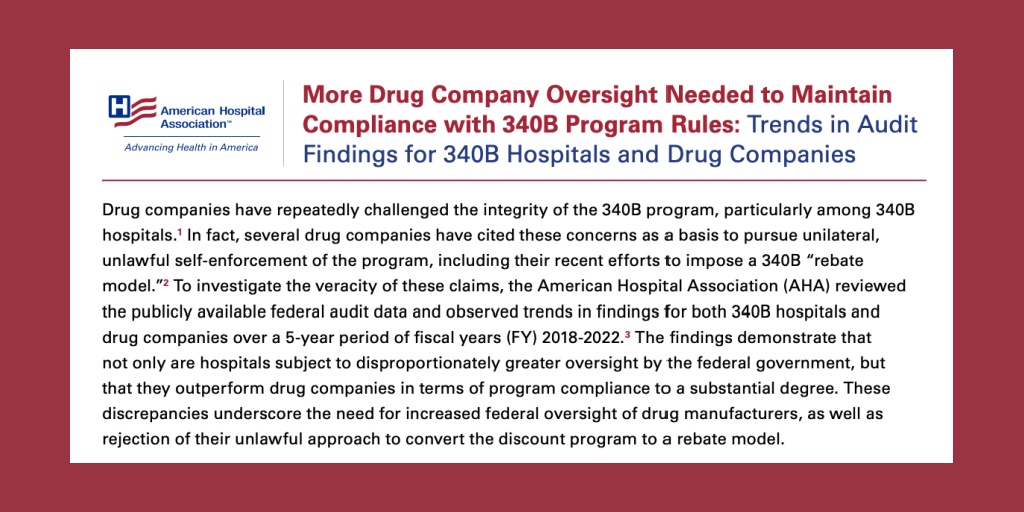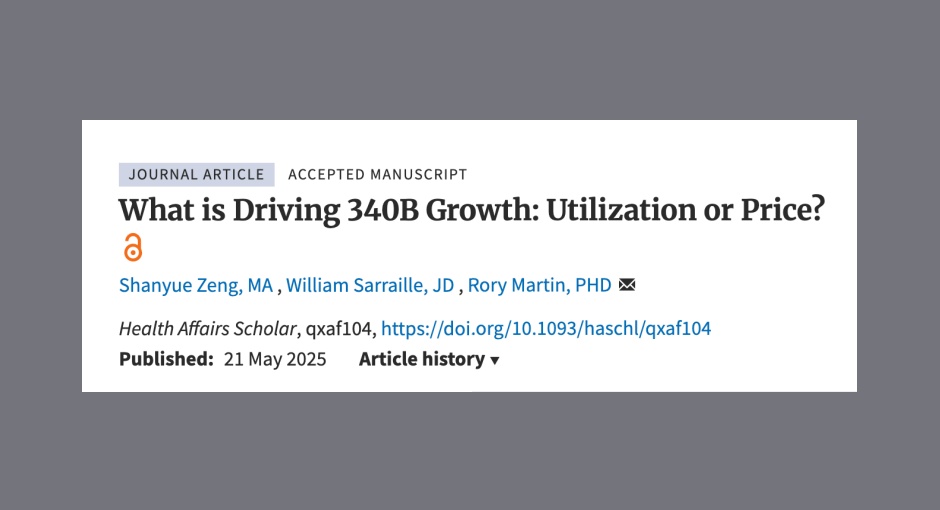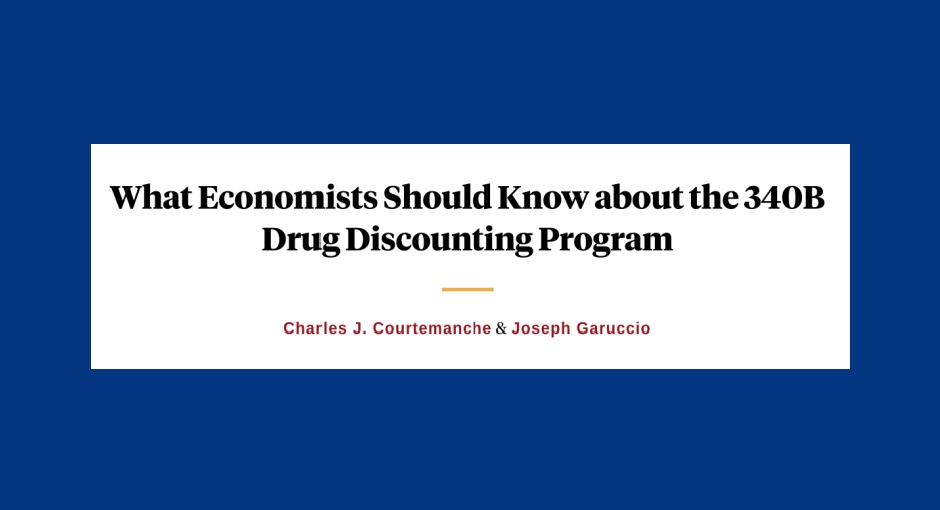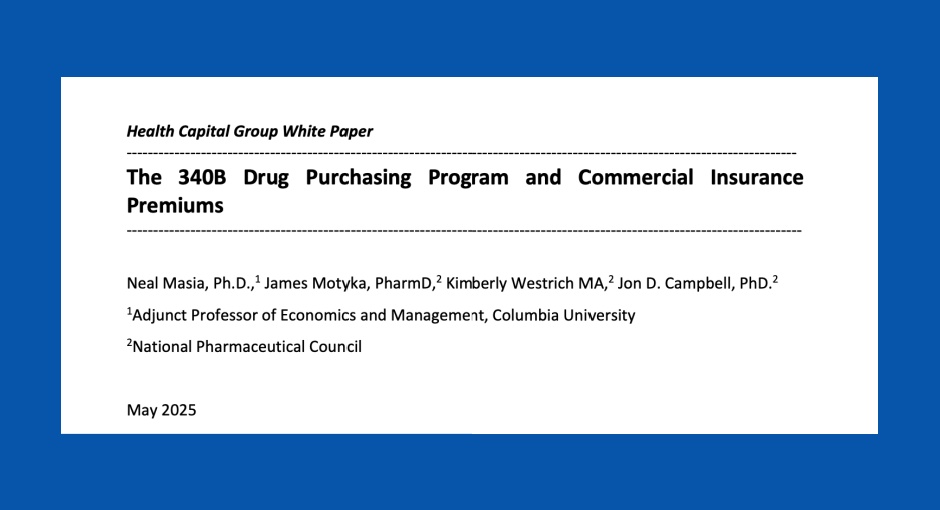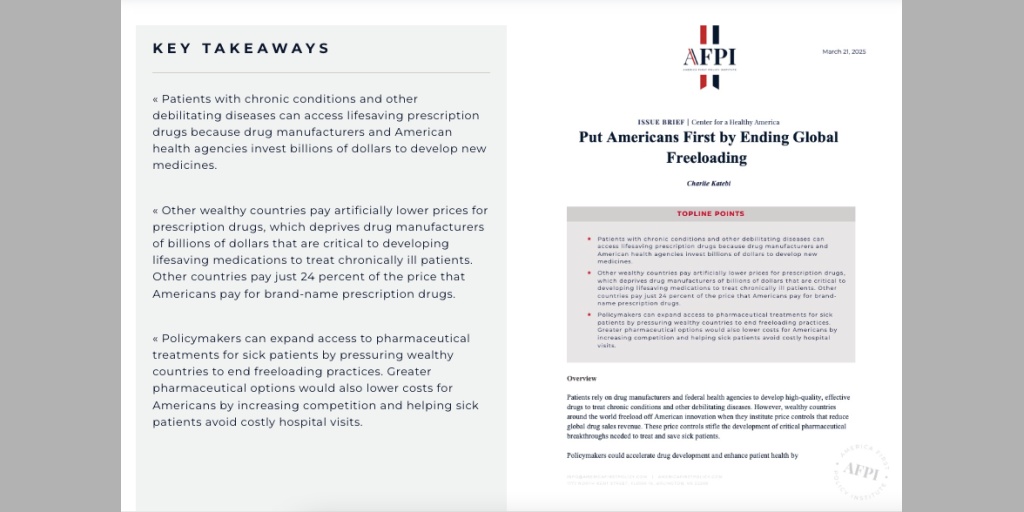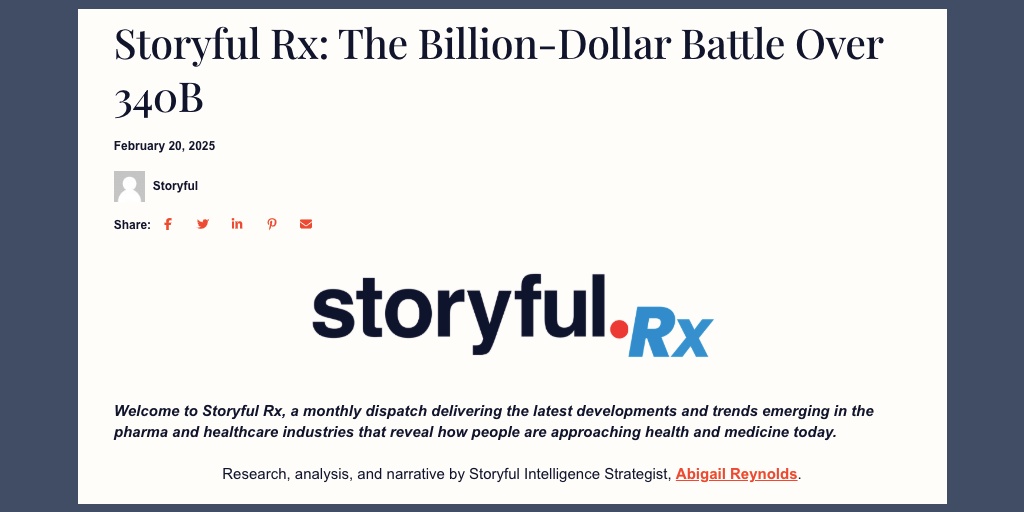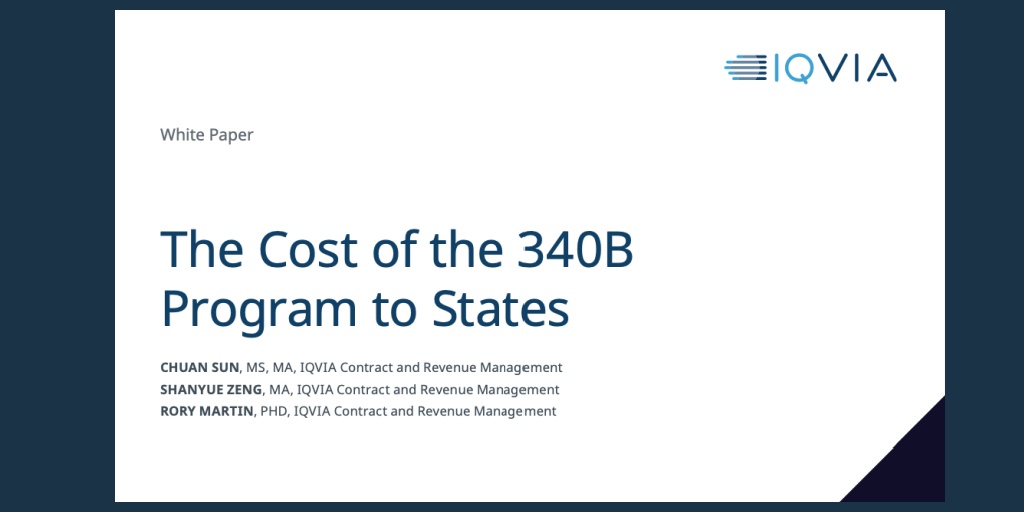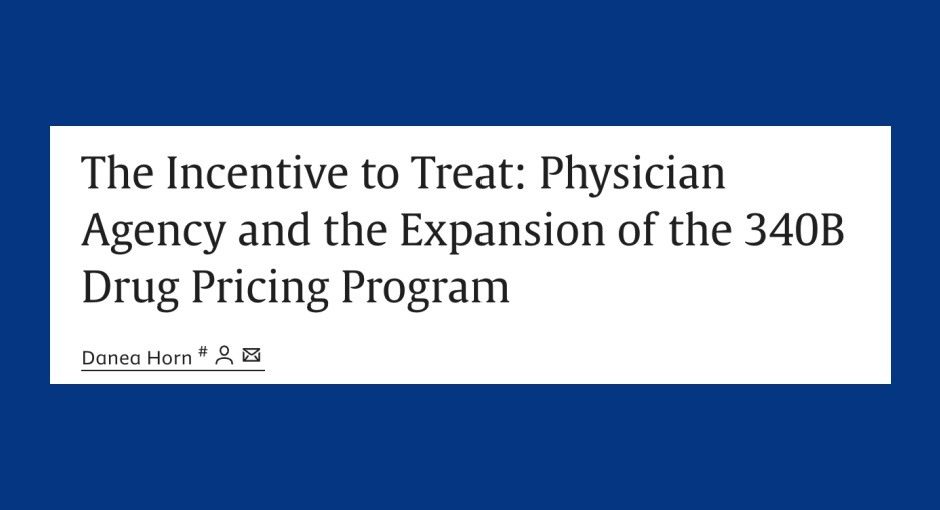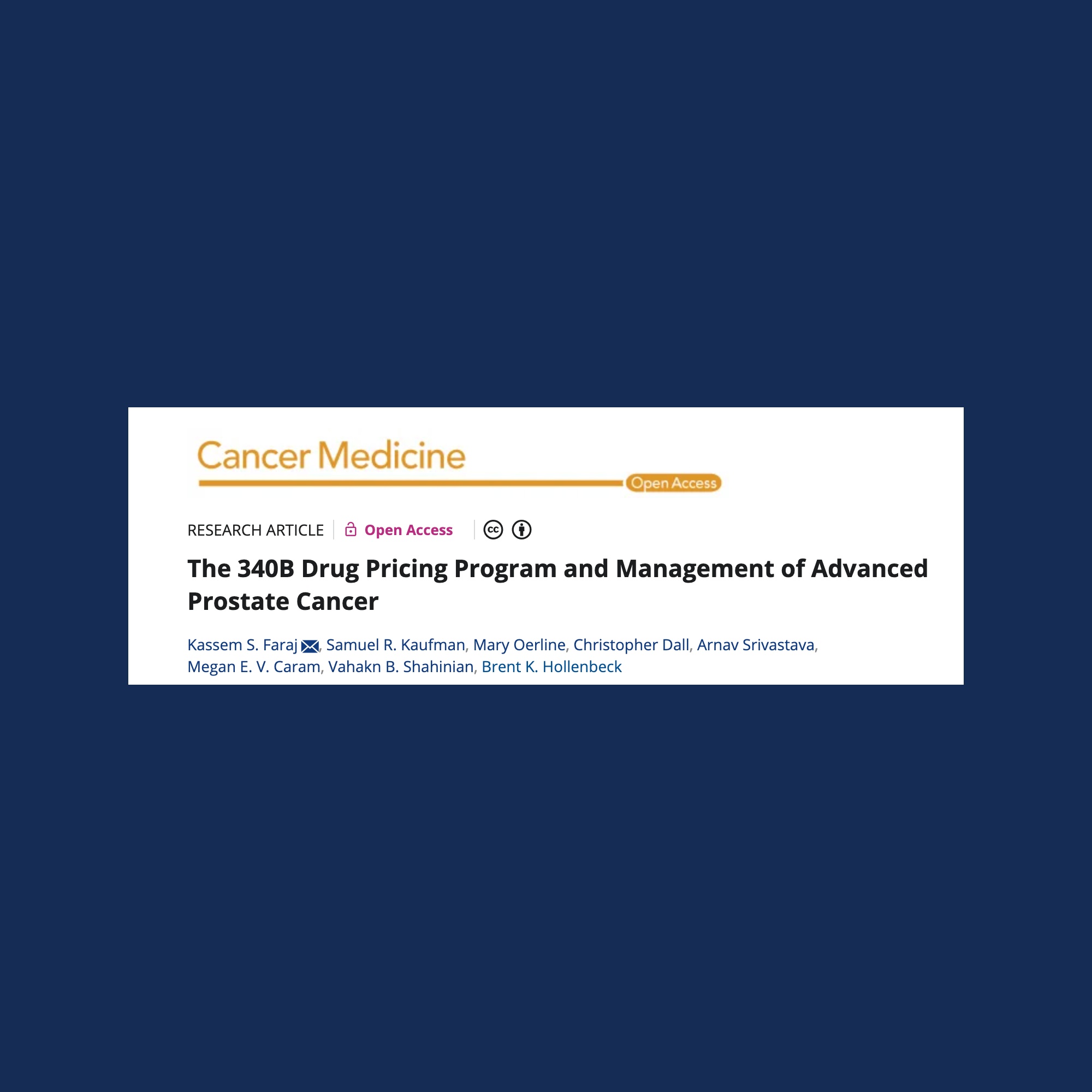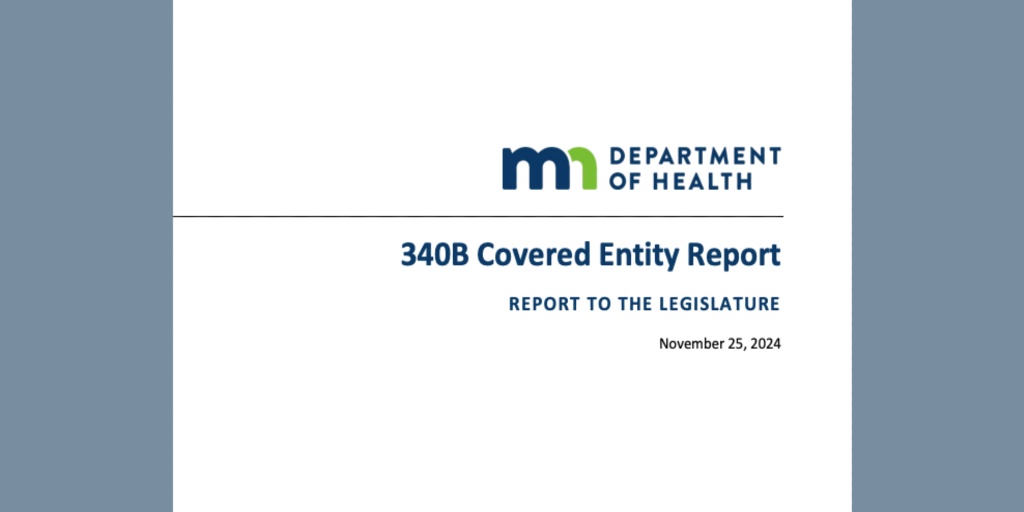Hospitals that participate in the 340B program face more federal oversight and routinely see higher rates of compliance in federal [...] …
Category: Research/Reports
A recent drug-industry-funded study attributes the 340B program’s recent growth to increased utilization—not rising drug prices. The May 21 study, [...] …
There’s a gap in economics research on the 340B program, and economists could enrich 340B stakeholders’ understanding of the program [...] …
The 340B program is driving up employer-sponsored health insurance premiums, according to a drug industry-funded white paper. Provider advocates criticized [...] …
A conservative think tank, which officials who served in President Donald Trump’s (R) first administration founded to advance his priorities, [...] …
Although misinformation accounts for just 2% of the overall 340B conversations taking place online, “conspiratorial narratives” driven by conservative influencers—and [...] …
340B contract pharmacy access bills could cost states millions and employer health plans more, according to a new study funded [...] …
A recent study suggested that 340B providers prescribe more drugs for treating breast cancer, but do not have any significant [...] …
Participation in the 340B program did not increase the number of vulnerable patients beginning targeted care for prostate cancer, a [...] …
Minnesota providers, namely the state’s largest 340B hospitals, generated hundreds of millions of dollars in collective net revenue from the [...] …


